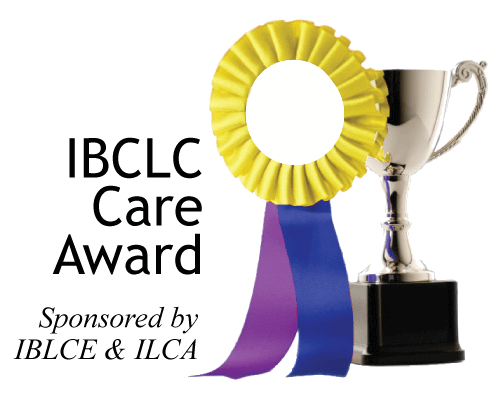You have made an important decision to breastfeed your baby. During your hospital stay, we want to help you provide your milk for your infant. We want to help you establish and maintain your milk supply when you cannot breastfeed your baby.
Benefits of Breastfeeding
- Breastmilk is rich in nutrients and provides antibodies that help your baby to fight off infections.
- Decreased chances of gastrointestinal and respiratory illnesses.
Neonatal Intensive Care Unit (NICU)
Babies in the Neonatal Intensive Care Unit (NICU) who receive their mother’s own milk show:
- Improved developmental outcomes
- Lower risk for necrotizing enterocolitis
- Shorter length of hospital stay
Benefits for mother
Mothers who provide milk for their babies are at a lower risk for:
- Breast cancer
- Cardiovascular disease
- Diabetes
- Ovarian cancer
- Postpartum depression
- Postpartum hemorrhage
It is also completely free and can be less time consuming than other methods of infant feeding.
Pumping
UPMC Children's Hospital of Pittsburgh provides high-quality Medela Symphony, hospital grade breast pumps for your use. Please request a breast pump personal kit and cleaning supplies from your nurse or patient care technician.
- Critical Care Units – Pumping rooms with private areas and breast pumps are located in the NICU, PICU, CICU/Surgery Waiting, and Emergency Department of the hospital. A Mamava Pod (lactation pod) is in the outpatient waiting area. The lactation rooms are available 24 hours a day, seven days a week.
- Inpatient Acute Care Units – UPMC Children's Hospital staff can obtain a breast pump for you to use at the bedside.
- Mothers remaining with their infants at the bedside long-term in the critical care units may request a breast pump for use at the bedside.
- If any of the lactation rooms or breast pumps is unavailable, please ask the nursing staff for access to alternative lactation rooms.
Handling Your Milk
- Always wash your hands first.
- Store pumped milk in the containers provided to you by your baby's nurse.
- Always put your baby's name, date, and the time the milk was pumped on the container's label.
- Let your nurse know that breastmilk is available for your baby.
- Remember to store your breastmilk in the unit where your baby is staying. Ask staff on your baby's unit where to store your breastmilk.
- Clean your pump kit in between pumping sessions.
- Sterilize the pump parts once a day using the sterilization steam bags.
Establishing, Maintaining, or Increasing Your Milk Supply During Your Stay
- Pump every two to three hours, even at night. This is about 10 to 12 times within a 24-hour time period.
- Pump until no more drops of milk are seen, or for at least 15 minutes – double pumping is more effective.
For an older baby who was previously nursing well, you should:
- Pump as often as you were nursing before your baby was admitted to the hospital.
- Pump after feeding attempts if baby is feeding poorly.
- Pump if you feel full or uncomfortable.
Hospital Resources
- An International Board Certified Lactation Consultant (IBCLC) is available seven days a week, except holidays. Request a lactation consultant by asking your baby's nurse or directly by calling 412-692-7285. *Parents can request to have a formal lactation consult ordered by their child's doctor or nurse.
- Breastfeeding videos are available by accessing the Patient Information and Entertainment Hub on the television in your baby’s room. Press the menu button on the remote control and locate them in the Newborn Care section.
Community Resources or Breastpump Providers
References
- American Academy of Pediatrics, Committee on Nutrition. Breastfeeding. In: Kleinman RE, ed. Pediatric Nutrition Handbook, 4th Edition. 1998:3-20.
- Cunningham AS, Jelliffe DB, Jelliffe EFP. Breast-feeding and health in the 1980's: A global epidemiologic review. J Pediatr. 1991;118:659-666.
Please let your baby's nurse or doctor know if we can help you in any way with your breastfeeding experience while your child is hospitalized at Children's. We wish you much success.









